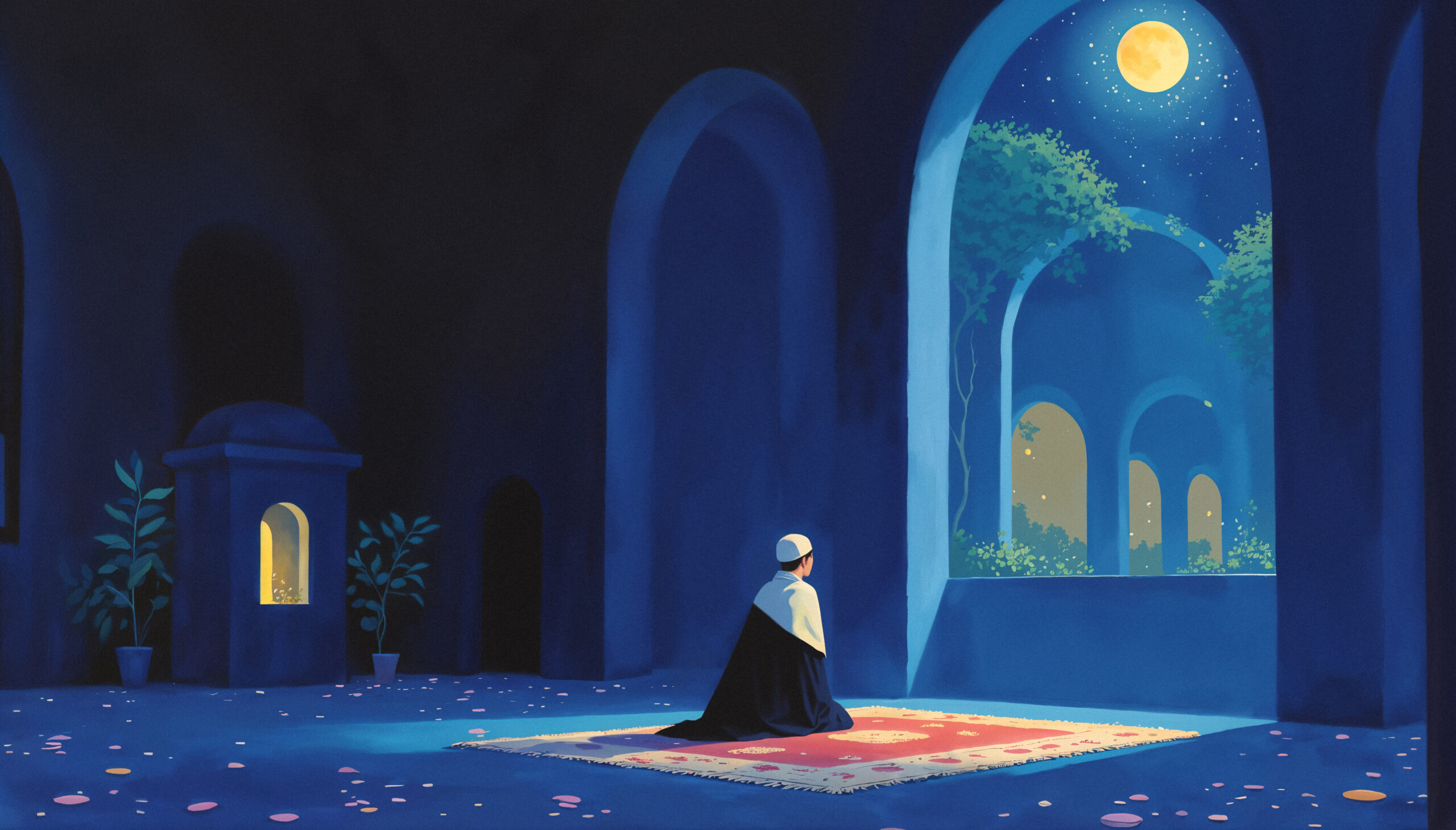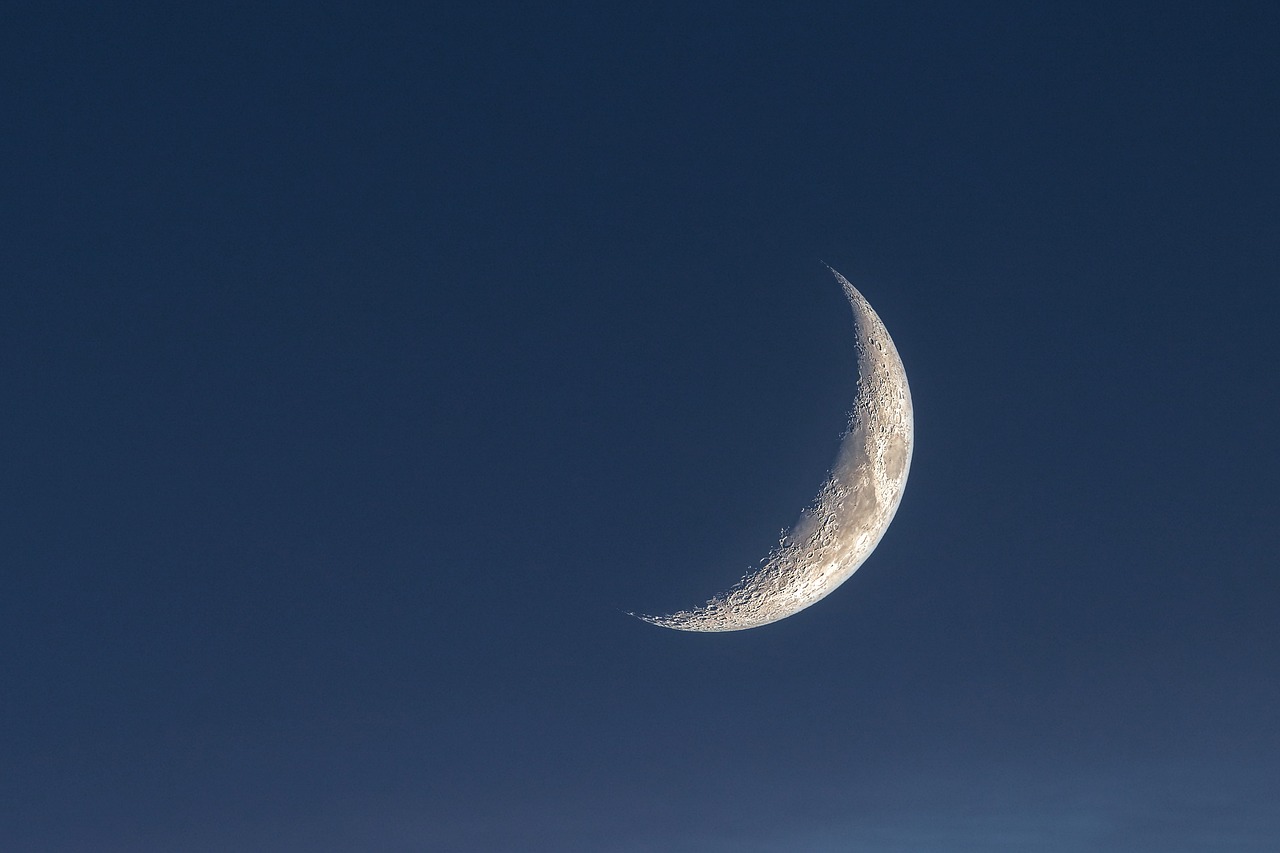
03.28.24
What is Laylatul Qadr? Making the Most of the Last 10 Nights of Ramadan
In the last 10 nights of Ramadan, Muslims increase their acts of worship (ibadah) in the hopes of catching Laylatul Qadr. Where, on top of their obligatory fasting and Taraweeh prayers, they do their best to make more dua, increase in sunnah prayers, give charity and so much more.
But why are Laylatul Qadr, and the last 10 nights, so important to Muslims? Why does it bring out so much good in the community in a month already filled with blessings?
Because the final nights of the Holy month are the best opportunity to gain immense rewards by observing the holiest night of the year!
What is Laylatul Qadr?
Laylatul Qadr (also known as the Night of Decree or Night of Power) is one of the most sacred nights in the Islamic calendar. It takes place in the last 10 days of Ramadan and was the night in which the Qur’an was first revealed to the Prophet Muhammad (ﷺ).
Laylatul Qadr is also significant for the many blessings it brings to those who observe and do good during it. As Allah (SWT) says in the Qur’an,
“The Night of Decree is better than a thousand months.”
Qur’an, 97:3
Likewise, the Prophet Muhammad (ﷺ) said:
“The one who seeks forgiveness during the last ten nights of Ramadan, while believing in Allah and hoping for His reward, will have all of his previous sins forgiven.”
Sunan Ibn Majah
Seeking Laylatul Qadr
While the exact date of Laylatul Qadr is unknown, the Prophet Muhammad (ﷺ) said:
“Seek it in the last ten days, on the odd nights.”
Bukhari and Muslim
For this reason, we are encouraged to increase our worship and devotion during the last 10 nights of Ramadan, especially during the odd nights (e.g. the 21st, 23rd, 25th, 27 or 29th night), in order to increase our chances of gaining the immense rewards of this blessed night.
Increasing Devotion During the Last 10 Nights of Ramadan
There are many acts of worship one can do to increase the blessings one may receive while seeking Laylatul Qadr.
Reciting the holy Qur’an, sending Salawat (blessings upon the Prophet (ﷺ)) and offering optional (nafl) prayers, making dua (or supplication) are examples of simple ibadah we can do on these nights.
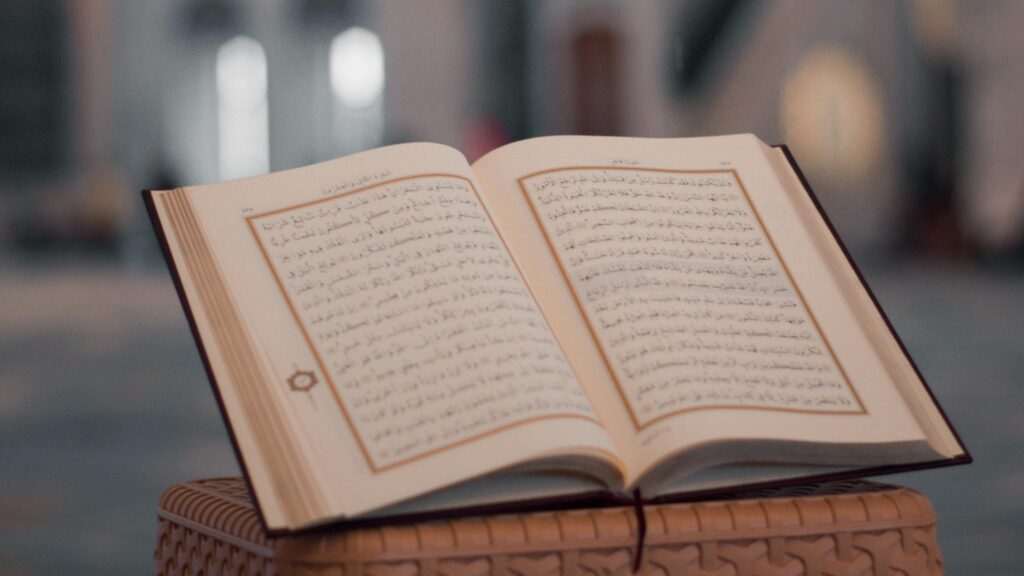
Increasing these small but important acts of worship during the last 10 nights of Ramadan draws us closer to Allah (SWT), allowing us to ask Him for forgiveness, guidance and blessings.
We can also elevate these good deeds by spending the last 10 days of Ramadan in seclusion within the mosque worshipping Allah (SWT), also known as i’tikaf.
Performing i’tikaf
Many Muslims choose to spend at least a portion (if not all) of the last ten days of Ramadan in seclusion (i’tikaf).
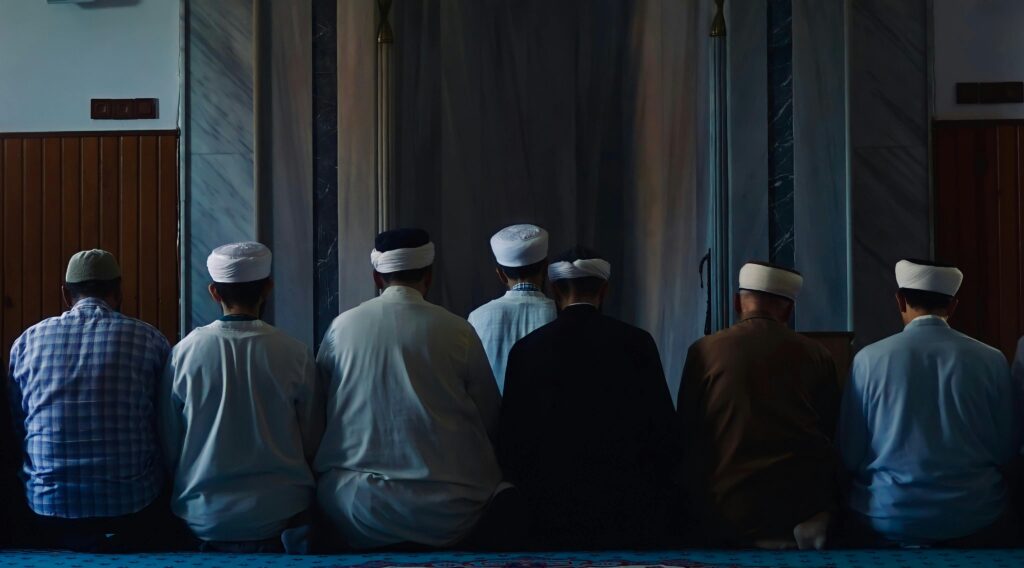
Done in the mosque, i’tikaf is an act of worship where one solely focuses on worshipping Allah (SWT) and refrains from involvement in worldly affairs. It is a time to wholly reflect, increase worship and increase one’s religious knowledge while seeking closeness to Allah (SWT).
Giving charity during the last 10 nights of Ramadan
Another important act of worship Muslims can do during the last 10 nights of Ramadan is to give charity, both obligatory (Zakat) and voluntary (Sadaqah).
As the Prophet (ﷺ) said:
“The believer’s shade on the Day of Resurrection will be their charity.”
Tirmidhi
Zakat
Zakat, like fasting and performing Salah, is one of the five pillars of Islam. It is an obligation for every financially able and sane adult Muslim whose wealth passes a certain threshold (also known as Nisab). To fulfil Zakat means to give a portion of their wealth to those in need, around 2.5% of it.
Sadaqah
In Islam, Sadaqah means general or voluntary charity. To give Sadaqah is also a powerful act of worship, as the Prophet (ﷺ) said:
“Sadaqah extinguishes sin as water extinguishes fire.”
Tirmidhi
Where to Give Zakat and Sadaqah in the Last 10 Days
To give in charity means to provide for those most in need in our Ummah, granting them the opportunities to thrive and build a brighter future for their community.
When you connect your Zakat and Sadaqah with Islamic Relief, you help provide vital development programs relief, healthcare, education and livelihood support to millions in need. Your generosity helps power the future of countless vulnerable communities around the world, making a lasting positive difference in this lifetime and the next.
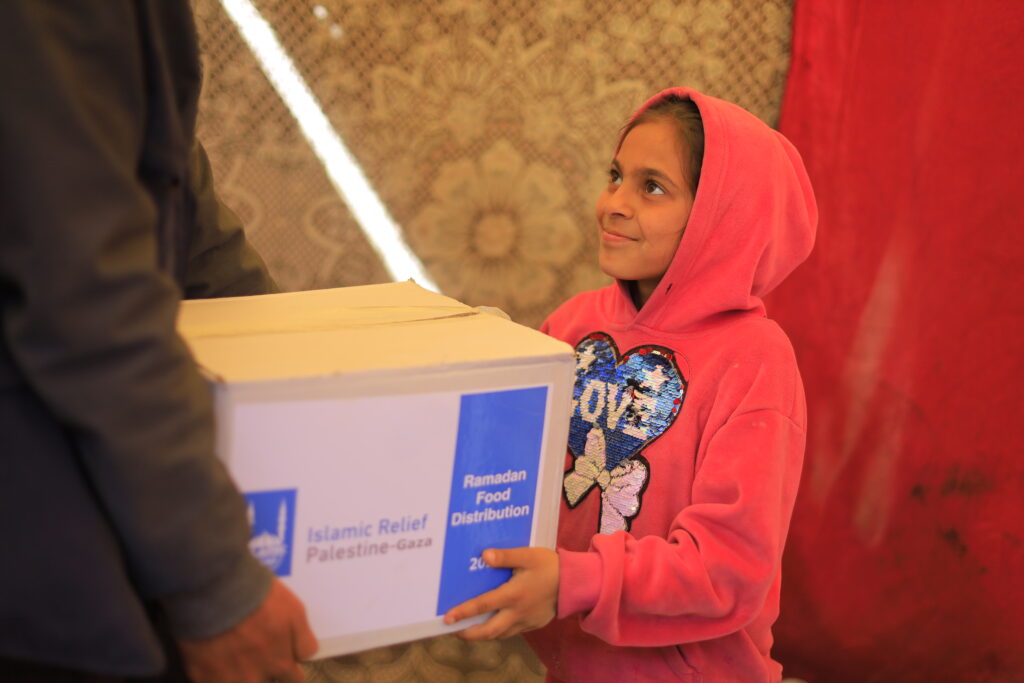
In conclusion, the last 10 nights of Ramadan are highly significant in Islam as they contain Laylatul Qadr, the most blessed night of the year. It is also a night that brings blessings of more than 1000 months’ worth.
As such, we are encouraged to increase their worship and devotion during these nights, in acts such as making dua, spending the night in prayer, performing i’tikaf and giving charity. By doing so, we increase our chances of gaining the immense blessings of Laylatul Qadr, purifying our hearts and drawing us closer to Allah (SWT).
May Allah (SWT) guide us all and grant us the opportunity to observe Laylatul Qadr and make the most of these blessed nights!
Don’t miss out on the chance to earn immense rewards
Make the most of the last 10 nights of Ramadan and seek Laylatul Qadr through your giving! See your support save lives by connecting your generosity with Islamic Relief.

